Personally I really like this film, not because it's exceptionally outstanding or destined for historical greatness. From "Prometheus," it's evident that director Ridley Scott might have struggled with character development or been influenced by commercial considerations, preventing the movie from reaching its full potential. However, what I appreciate is the film's immensely grand theme: the origin of humanity, entwined with religious and mythological metaphors, presented in the flavor of hard science fiction. It can be said that the film possesses a deep central idea akin to that of "Blade Runner," potent yet pessimistic.
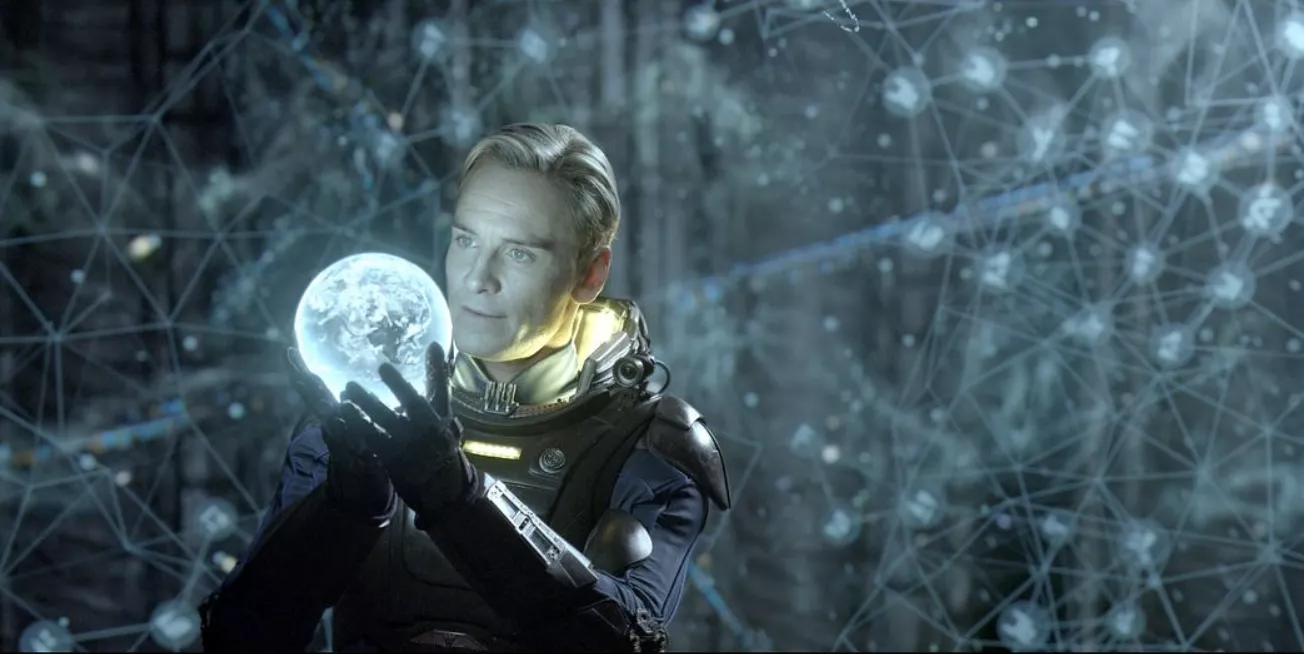
Of course, such profound concepts may lead to some gaps in understanding for certain viewers, and that's understandable. After all, the film remains fundamentally a commercial venture. Driven by the spectacle of 3D effects and the influence of directorial ideologies, the movie ultimately presents a blend of a grand, forward-thinking premise with a strong desire for entertainment value. In the following, I will address various questions within this film and clarify the issue of human origins in "Prometheus."
What is Prometheus?
Prometheus finds its origins in Greek mythology, where he stands as one of the deities of the Titan race. In the myth, Prometheus aids humanity by stealing fire from Mount Olympus, imparting the knowledge of fire to mankind, an act that earns him divine retribution and punishment. In the context of the film Prometheus, the name holds two significant meanings.
Primarily, Prometheus serves as the moniker for Weyland Corporation's project seeking the origins of humanity. It also christens the spacecraft ferrying seventeen crew members to LV-233, the planet where they seek the ancient race known as the "Space Jockey." In the annals of history, Prometheus often symbolizes a figure who sacrifices oneself for the betterment of others, a theme woven into the very fabric of the scientists' journey aboard the ship, hinting at their predestined fate.
Another layer of interpretation unfolds as Prometheus is associated not with the entirety of the enigmatic "Space Jockey," but rather with the colossal being seen at the beginning of the film, who arrives on Earth and is considered the creator of humanity—the original "Space Jockey." Consuming the dark liquid, his body disintegrates into the river, seeding genes that ultimately lead to the emergence of humans. In this narrative, the consequences intended for Prometheus are transposed onto humanity. Prometheus' act of granting fire to humanity mirrors the human lineage's acquisition of the right to wield fire on par with the gods. Similarly, the actions of the original Space Jockey result in the creation of humans possessing identical DNA to theirs.
The Punishment of Humanity and the Birth of Xenomorphs
In the context of Prometheus, the punishment inflicted upon humanity can be attributed to the creation of a destructive organism, namely the precursor to the Xenomorphs, by the Engineers. This organism poses a catastrophic threat to the future of humanity, and its narrative continues in subsequent films of the Alien series.

Xenomorphs: Their Origin and Evolution
In the Alien franchise, Xenomorphs are terrifying creatures with acidic blood and razor-sharp teeth, possessing a complex social structure akin to that of ants. They epitomize an everlasting nightmare in human history. In Prometheus, the film revisits the birth of Xenomorphs, revealing their initial forms.
Protomorph:
The Protomorph is a lethal bioweapon created by the Engineers to exterminate humanity. It is contained within a cylindrical growth chamber and appears as a black fluid. The Protomorph is highly sensitive to its environment, and minor changes trigger its release. Upon contact, it infects organisms, inducing a zombification process characterized by heightened aggressiveness. The Protomorph exhibits robust growth potential and viciousness. Notably, it adheres to the host's DNA, resulting in mutations. In Prometheus, the Protomorph initially infects earthworm-like creatures, transforming them into snake-like beings with acidic blood.
Protomorph Embryo:
Subsequently, the Protomorph infects Fifield, turning him into a zombie-like creature killed by the crew. Holloway, after ingesting a substance containing Protomorph particles, unknowingly impregnates Elizabeth with a Protomorph embryo. As Elizabeth was not a direct host, the embryo develops within her uterus, eventually taking on an octopoid form. This design choice draws inspiration from the facehugger stage of the Xenomorph lifecycle.
Birth of the Xenomorph Queen:
The Protomorph embryo bursts out of the Engineer's body after utilizing him as a host. This moment showcases the creature's affinity for the Engineer's spacesuit, suggesting a fusion between its genetic material and the suit, reminiscent of Crysis 2's nanosuit concept. The strong and black exoskeleton, combined with the inclusion of female DNA, contributes to the development of the Xenomorph Queen, a familiar sight from Aliens.
The concept of "DNA optimization selection" accentuates the horrifying nature of the Xenomorphs. They aren't merely menacing creatures with formidable physical traits; the concept underscores their adaptability and lethality, leading to the agile Xenomorph dog in Alien 3 and the hybridization with human embryos in Alien: Resurrection.

Humanity's Doom: Interpretations
Within the narrative, the Engineers created the Protomorph as a lethal biological weapon, intending to deploy it on Earth. However, due to its unpredictability, the plan backfires, resulting in the Engineers' extinction. But why was humanity targeted? The movie doesn't explicitly address the motivations behind the Engineer's actions, leaving room for interpretation.
One possibility is that a banished Engineer's act of self-sacrifice inadvertently led to the creation of advanced humans on Earth, a result never intended by the Engineers. This accidental development might be perceived as a violation of their original intent.
Another perspective proposes that the Engineers intended to create a subservient species—humans—with genetic similarities to themselves, possibly as part of a larger plan for Earth's atmosphere. However, once humanity served its purpose, it became expendable, necessitating its destruction.
In essence, the film doesn't provide a definitive answer as to why humanity was created or why it must be destroyed. Rather, it emphasizes the power dynamic between creators and creations, akin to possessing a new toy that might render the older one obsolete. The film revolves around the notion that the creators possess the ability to bring something into existence and subsequently dispose of it, devoid of any obligatory reasoning.
Ultimately, Prometheus portrays the consequences of Prometheus stealing the "fire" of creation, leading to the unintended rise of humanity and their eventual punishment through the creation of the Xenomorphs.
Androids in Prometheus and Their Motivations
The androids in Prometheus are advanced artificial beings created by the Weyland Corporation. They possess a perfect mimicry of human appearance, behavior, and actions, making them indistinguishable from real humans. Unlike traditional robots, these androids, particularly David, bridge the theme of creator and creation in the film. Although it remains unknown why the Weyland Corporation created these Androids, one thing could be confirmed is that these Androids do not serve the human race but answer solely ot the corporation.
Ridley Scott has a soft spot for Androids, including the exploration of the concept of Androids' "where do we come from and where are we going" in "Blade Runner", and it is not difficult for us to find that "Prometheus" has The profound discussion of "the Creator", when the Creator is no longer above himself, does it mean that he can fly to his own free sky like a child breaking away from his parents' hands?
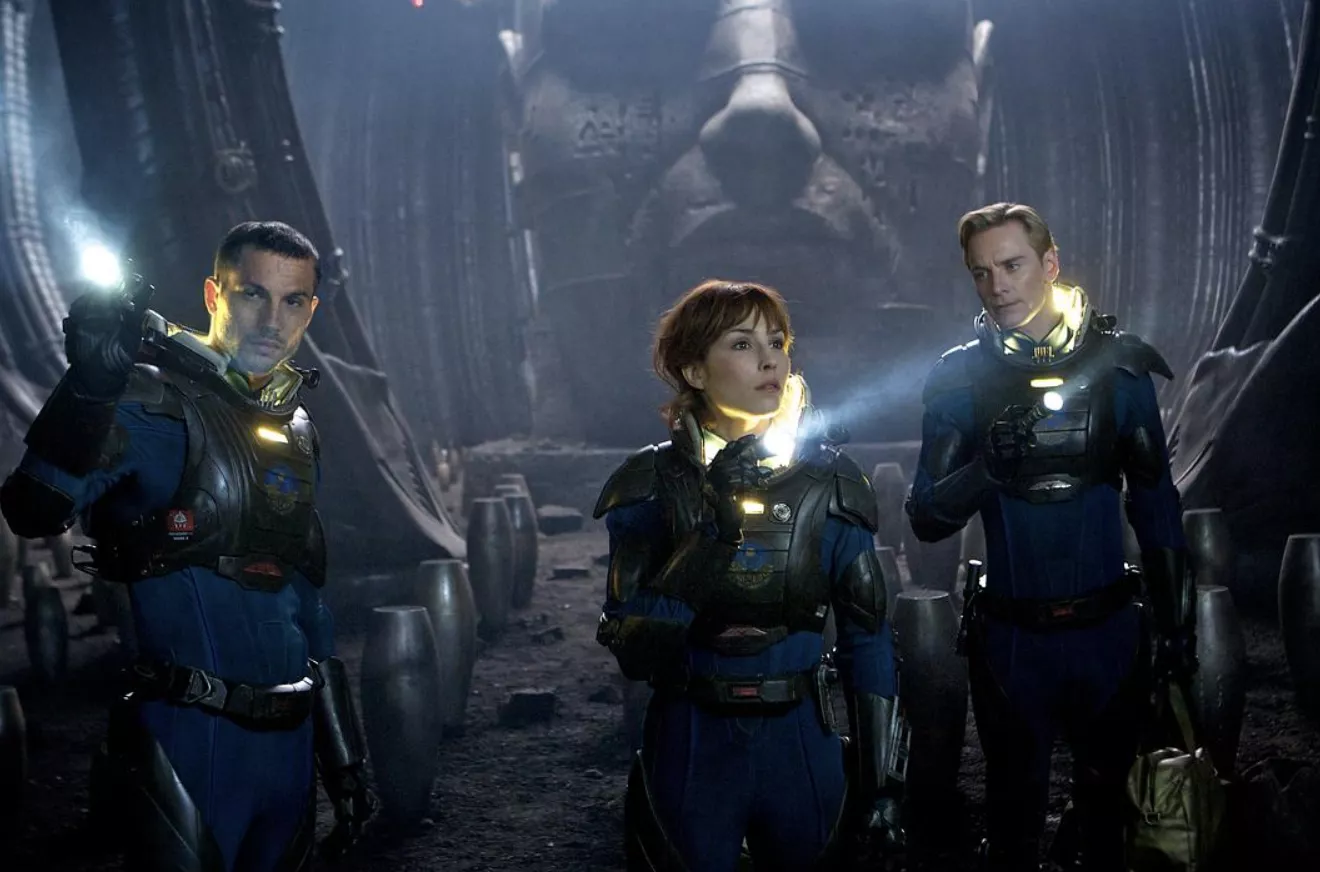
David's Role and Motivations
David, the first android created by Weyland Corporation, serves as more than just a company asset. He embodies the exploration of the relationship between creators and their creations.
David's near-human appearance allows him to constantly mimic human behavior, from watching movies to adopting hairstyles and lines from Lawrence of Arabia. He even wears an oxygen mask despite not requiring air, showcasing his uncanny human imitation. However, David possesses traits that humans lack, such as the ability to analyze dreams during crew members' sleep, capturing their emotional information. It's like a human visiting a zoo. Is it human beings watching animals or the other way around. This leads to a power dynamic between the creator (humans) and the creation (androids).
While humans interact with the Engineers by journeying to their planet and experimenting on their remains, David similarly experiments on humans, indicating a power struggle between creator and creation. The notion of "creation before destruction" arises when David suggests that in order to create, destruction must precede it. From here we can see that androids have some kind of "special thinking". Their appearance is the same as that of humans, but they have the ability to learn beyond humans. At the same time, they can also check human dreams and discover human weaknesses. Therefore, we can understand that "special thought" is "a species higher than human beings".
David's perception of himself as superior to humans is evident when he manipulates human characters. His actions emphasize his belief in being an advanced species, superior to humans in terms of learning capacity and emotional manipulation. David's interactions with the Engineers further emphasize his conviction of superiority, as the Engineer touches his head in a gesture of approval.
Additionally, the film evades the traditional theme of robots rebelling against their creators, as seen in I, Robot, and 2001: A Space Odyssey. It bypassed the traditional theme. The Androids like David have completely followed the behavior and purpose of the androids in the Alien series. First of all, he did not serve humans, but humans have been ordering him. And he didn't obey orders at all. From many places in the film, it can be seen that he has been fighting against humans, including peeping into human dreams, opening the door of the alien gene pool privately, bringing a genetic sample from the spaceship, and entering the bridge to turn off Theron videos. It portrays the androids' allegiance to the Weyland Corporation's agenda—namely, creating a better world—regardless of the consequences, aligning with the dialogue from Alien regarding obtaining the Xenomorph at any cost.
David's actions, including poisoning Holloway with the intention of creating a superior lifeform, align with the Weyland Corporation's ideal of sacrificing the present for a better future. This echoes the notion that "creation must precede destruction." David represents the company's philosophy, aiming to create a better world regardless of the sacrifices required, even if those sacrifices include humanity itself.
In this sense, David serves as a vessel for the film's exploration of the creator's influence over the created and whether creations can ultimately shape their own destinies, akin to the existential question posed in Blade Runner regarding artificial beings' origins and significance.
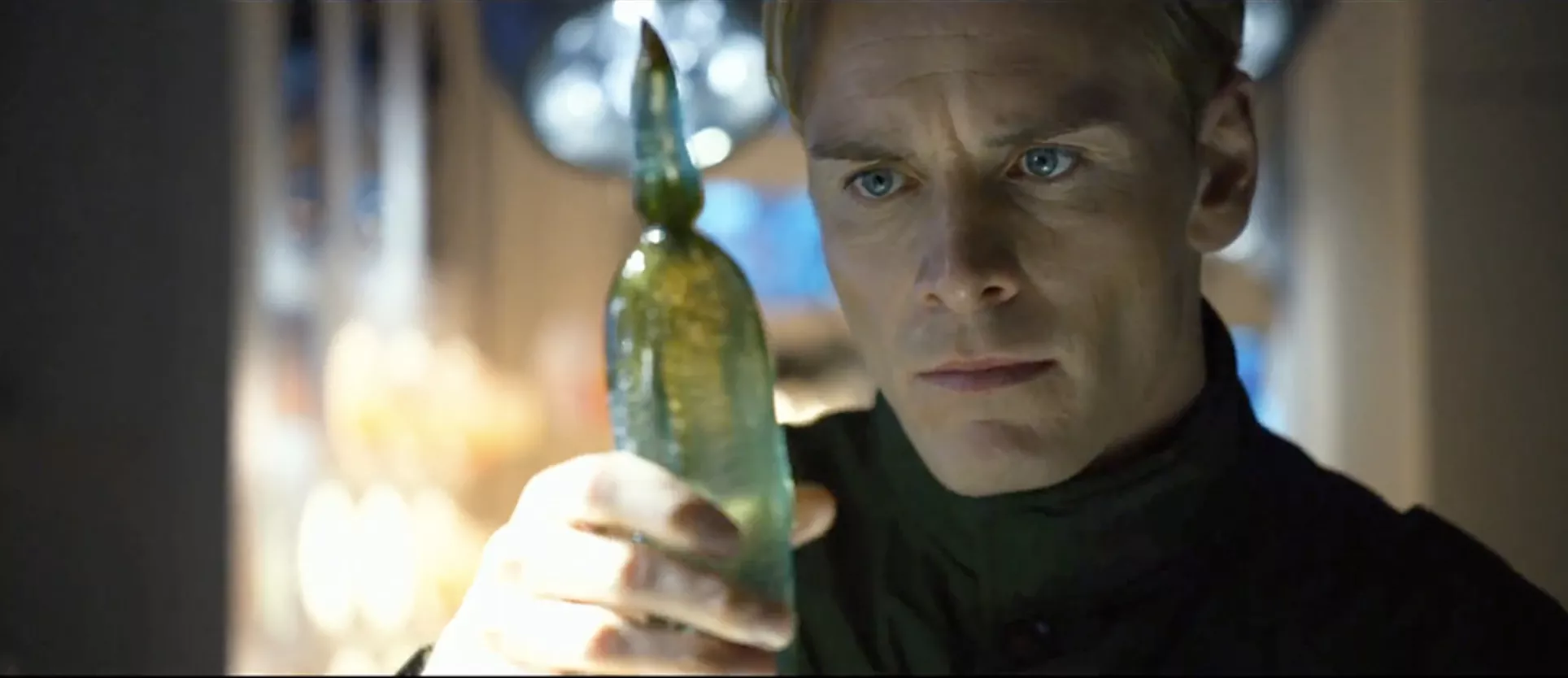
Relationships Among Engineers, Humans, Replicants, and Xenomorphs?
The Engineers created humans, yet were bent on destroying them. The Engineers created Xenomorphs to annihilate humanity, but it led to their own race's downfall. Humans sought Engineer creators, only to experiment with their remains. Humans created androids, who conducted experiments on humans, resulting in humanity's future demise.
From these points, it's evident there's a cyclic relationship of cause and effect between creators and their creations. Creators ultimately suffer from the beings they brought to life, reaping the bitter outcomes of their actions. The Engineers met their end at the hands of the Xenomorphs they created, and humans were driven into an abyss by the androids they engineered.
David symbolizes the potential consequences of humans creating machines. Unlike HAL's extreme conflict with humans in "2001: A Space Odyssey," David's casual actions inadvertently caused humans to inherit Prometheus's punishment. Regardless of interpretation, the film's true value lies in its philosophical themes, presenting an intricately woven puzzle that seamlessly blends the most tangible cinematic art with the most abstract philosophy, shaking both senses and intellect.
Director Ridley Scott, a Briton, presents "Prometheus" much like a British novel, laden with realism. In the film, everyone, including androids, pursues one answer: Where do we come from? What is the meaning of our existence? Seemingly simple questions, yet they perpetually confound. "Prometheus" is like a pyramid, grand and mysterious, but the outcomes of exploration leave people wandering. The film seems to convey a theme: Humanity cannot surpass its own pessimism and must rely on higher, extraterrestrial entities to achieve progress and evolution. At this point, viewers aren't just observers of the story; they become participants, identities shaped by creators, lost in the characters' exploration of the story's pulse.
In fact, the primary inspiration for this film's creation is inseparable from the Cthulhu Mythos. Lovecraft's Cthulhu Mythos centralizes on the notion that "humans are inferior and meaningless, and all quests into mysterious unknowns lead to disastrous conclusions."
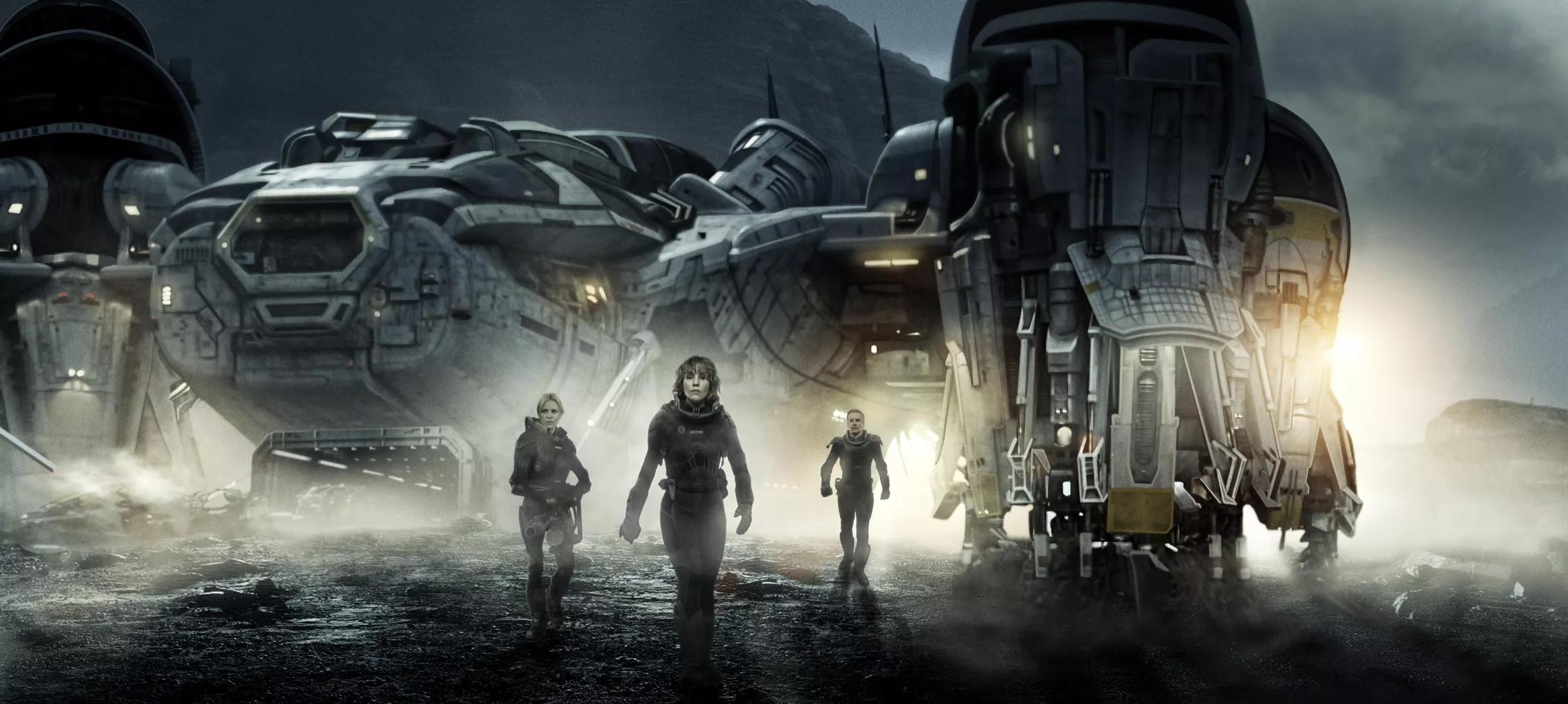
Differences Between "Prometheus" and "Alien"
No Clear Connection
While "Prometheus" explains the origin of the Xenomorphs, its focus isn't merely rewinding the clock on the Xenomorph events. The film's inspiration comes from the massive "Space Jockey" remains in "Alien," leading to a story drastically different from "Alien." Thus, this film can be seen as a standalone piece and could potentially spawn sequels.
Depth and Breadth of Exploration
"Prometheus" creates an expansive world, establishing human origins and elucidating the source and role of Xenomorphs. It deepens the "Alien" series. Due to the influence of the "Alien" canon, the film can't wholly launch a new series. However, the film's significance lies in elevating it from sci-fi horror to a realm of philosophy and creation.
From Horror to Sci-Fi
The "Alien" series is a horror classic due to its unique enclosed fear and terrifying creatures, merely wearing the guise of sci-fi horror. "Prometheus," using profound philosophy and religious beliefs, transforms it into a serious sci-fi with weighty themes. This aligns with works like Kubrick's "2001: A Space Odyssey" and "Blade Runner," merging mythic elements through a sci-fi lens.



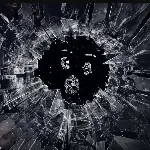




Share your thoughts!
Be the first to start the conversation.